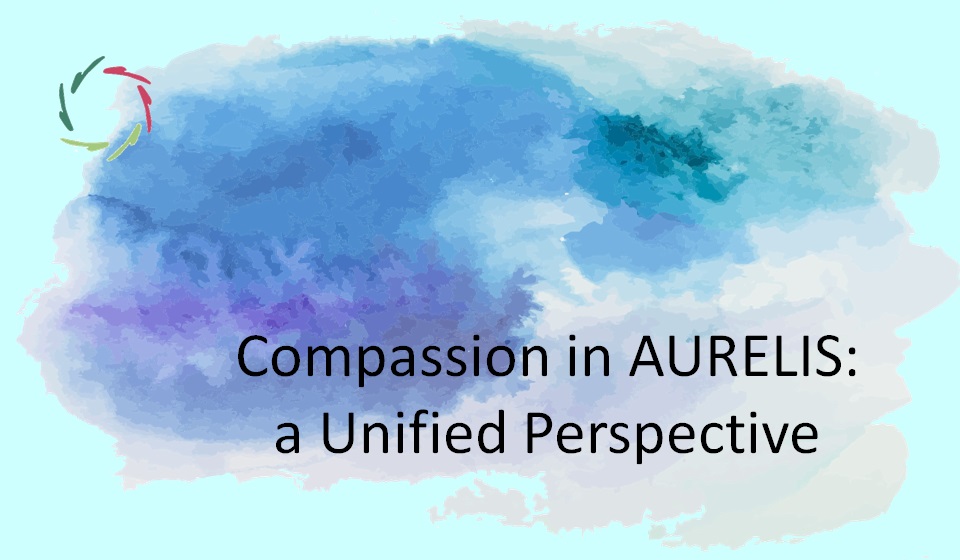Towards Universal Empathy

Universal empathy is a moral stance that may solve the in-group >< out-group problem.
[‘further on ‘In-Group Creates Out-Group?’]
“How numerous the living beings may be, I pledge to liberate (from suffering) them all.”
This is one of four Buddhist ‘vows of the Bodhisattva.’
Not being an adept of Buddhism, I find in it a lot of ancient wisdom.
One night, the ‘Buddha’ sneaked out like a reverse thief, not waking up his wife and little kid for fear of not having the guts to say ‘goodbye forever.’
Hmm.
Does universal empathy run counter to caring for the in-group?
Is it not a Utopia, a completely unproductive and even silly chimera? Meanwhile, if all in-groupers take care for their own kin, everybody will be taken care for in a natural way, isn’t it?
Are humans not parochial creatures by nature?
Yes we are but no, we are at first place very flexible creatures. We can feel empathy to close kin and to a much broader group at the same time. Even to all sentient beings.
It always starts within
True empathy starts in depth. A total person is needed to feel it. If not, then it’s ‘weak’ empathy and may get a hard surface (for instance if not reciprocated). It’s brittle and prone to empathizer’s burnout.
This may lead to an in-group >< out-group orientation
with in-group-emotions of loyalty, authority, sanctity… that heighten in-group cohesion at the expense of out-group-ward ‘hostility’ (from seeing ‘them’ as mere strangers, to a downright threat). I call this: us-them-ing.
One can invite depth, not enforce it.
Very important on the road to universal empathy: if people feel enforced, they get internal resistance and an even more in-group feeling as a straightforward defense. Us-them-ing lies right behind the corner.
Contrary to the latter, universal empathy does not stand opposed to in-group thinking. Still, the universal empathizer may lack dedication to an in-group. Resources are limited. In-group demands may be incompatible with grander causes. In many cases, this discrepancy cannot be solved by one individual.
Should it?
In comes group-level universal empathy.
Here one could make a distinction between ‘inward-bound group’ (IBG) and ‘outward-bound group’ (OBG). They specifically differ in how members are ‘grouped’. An IBG groups them mainly in opposition to the out-group (us-them-ing). An OBG of course also needs group cohesion. Otherwise it won’t be a group for long. But an OBG does not derive its cohesive energy from opposition.
One advantage is that it needs to find its cohesion elsewhere, such as: in universal empathy at group level, as a specific goal of the group itself, a – very – substantial element of its mission. This is why a clear and far reaching mission statement is super important.
Now, it may surprise you not that it is mainly the members who then shape such a group, through personal effort.
Completing the circle.
Universal empathy does not mean ‘giving it all away.’
An ego can do so, shouting “Look what I do!” Contrary to this, universal empathy is but a readiness to do what one thinks is best for all, including for oneself as a total person. Thus, it is foremost a striving towards expansion of consciousness [see ‘Expansion of Consciousness’].
That is: filling the own bucket until it spontaneously overflows.
Another advantage: a more natural coming together of OBGs.
I don’t say “a miracle happens.”
But at least, OBGs don’t succumb to internal underlying rivalry etc. Depending on the members’ quality, OBGs kind of ‘spontaneously’ – after a lot of work – tend to coalesce…
towards a better world.


